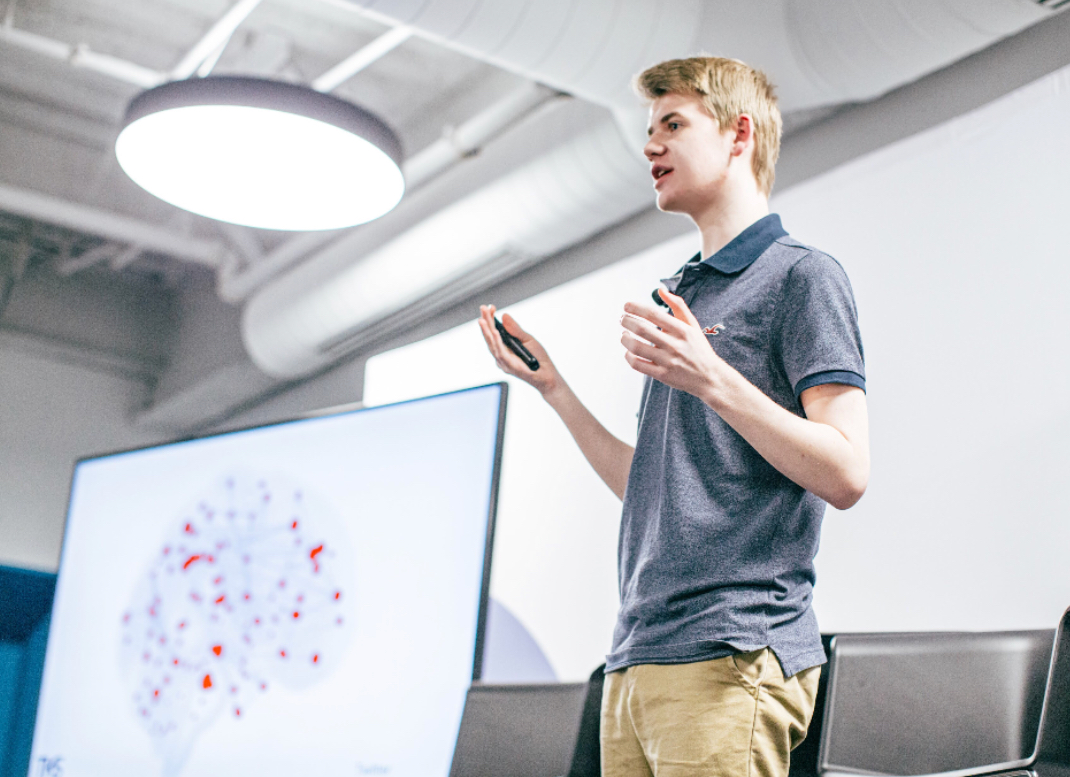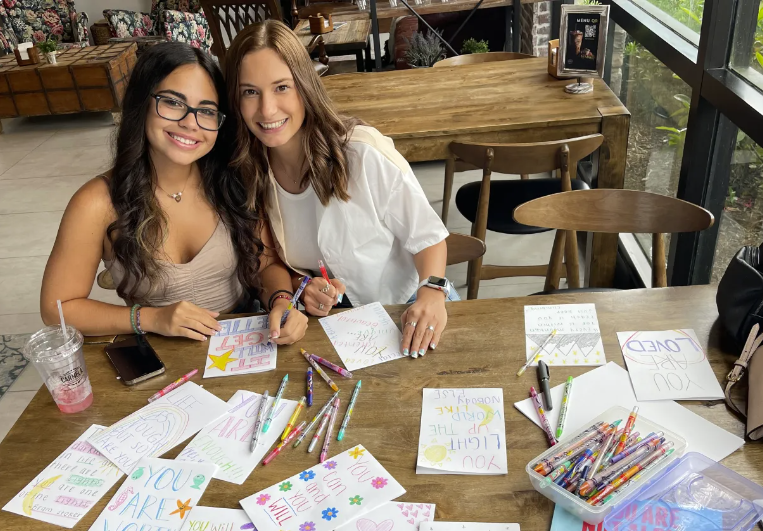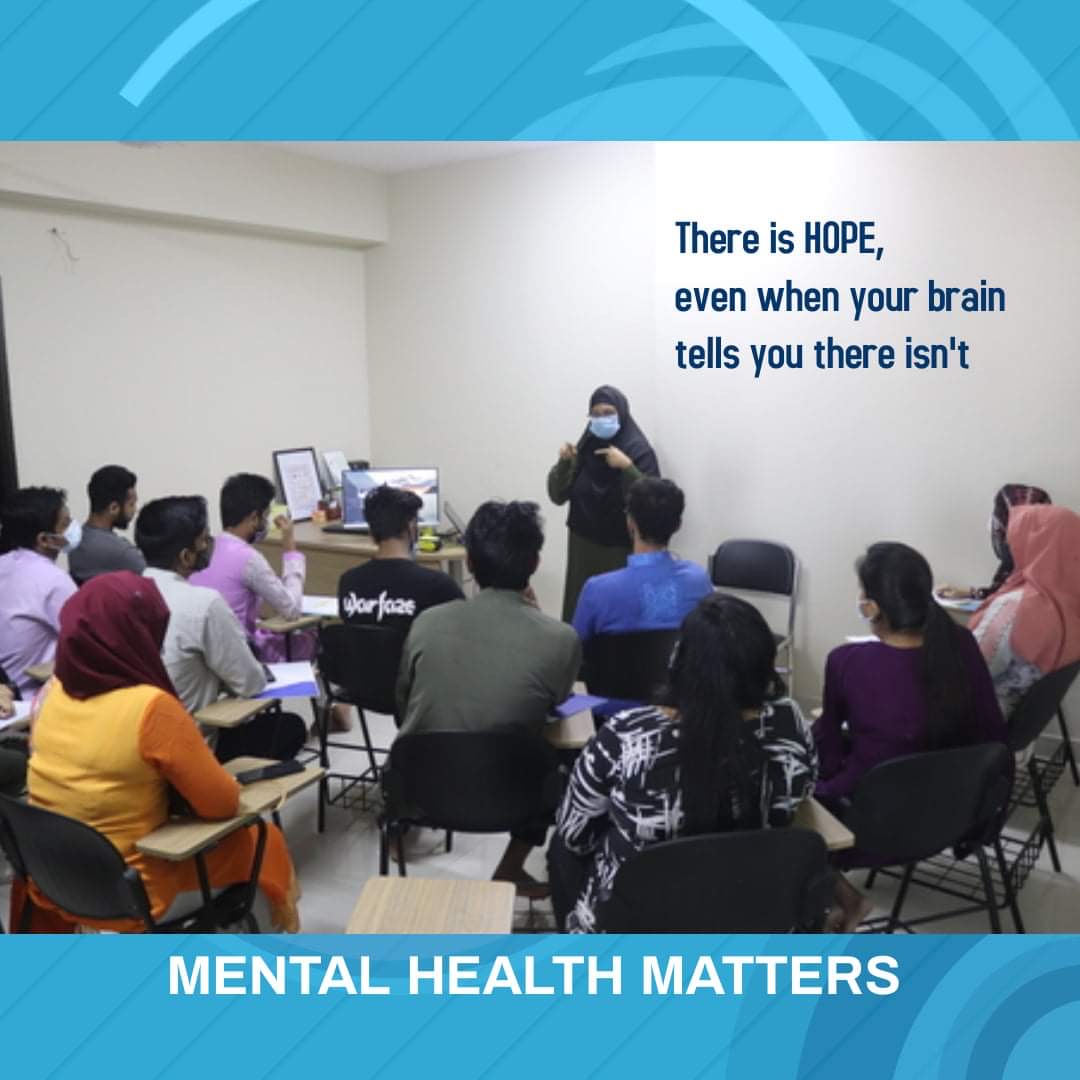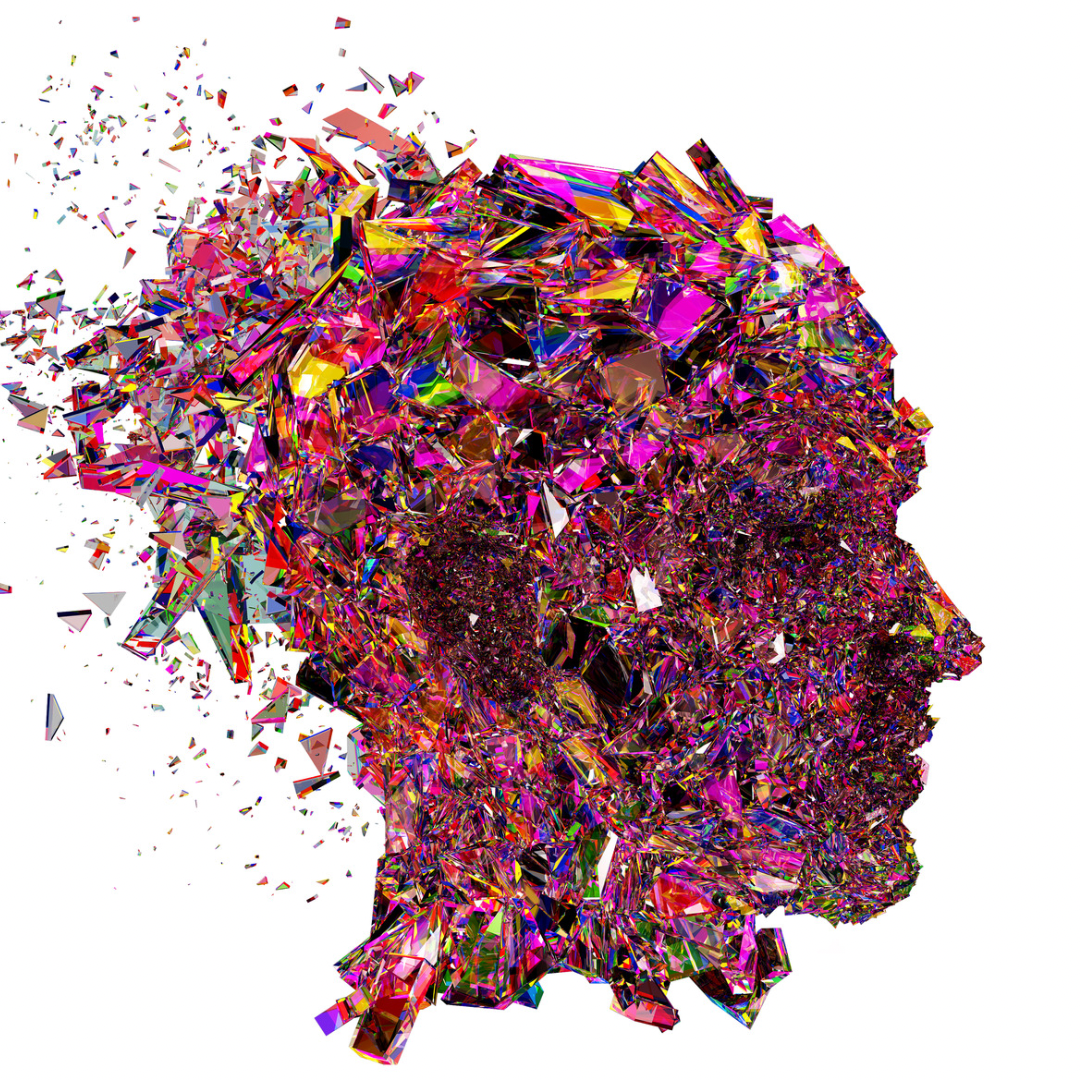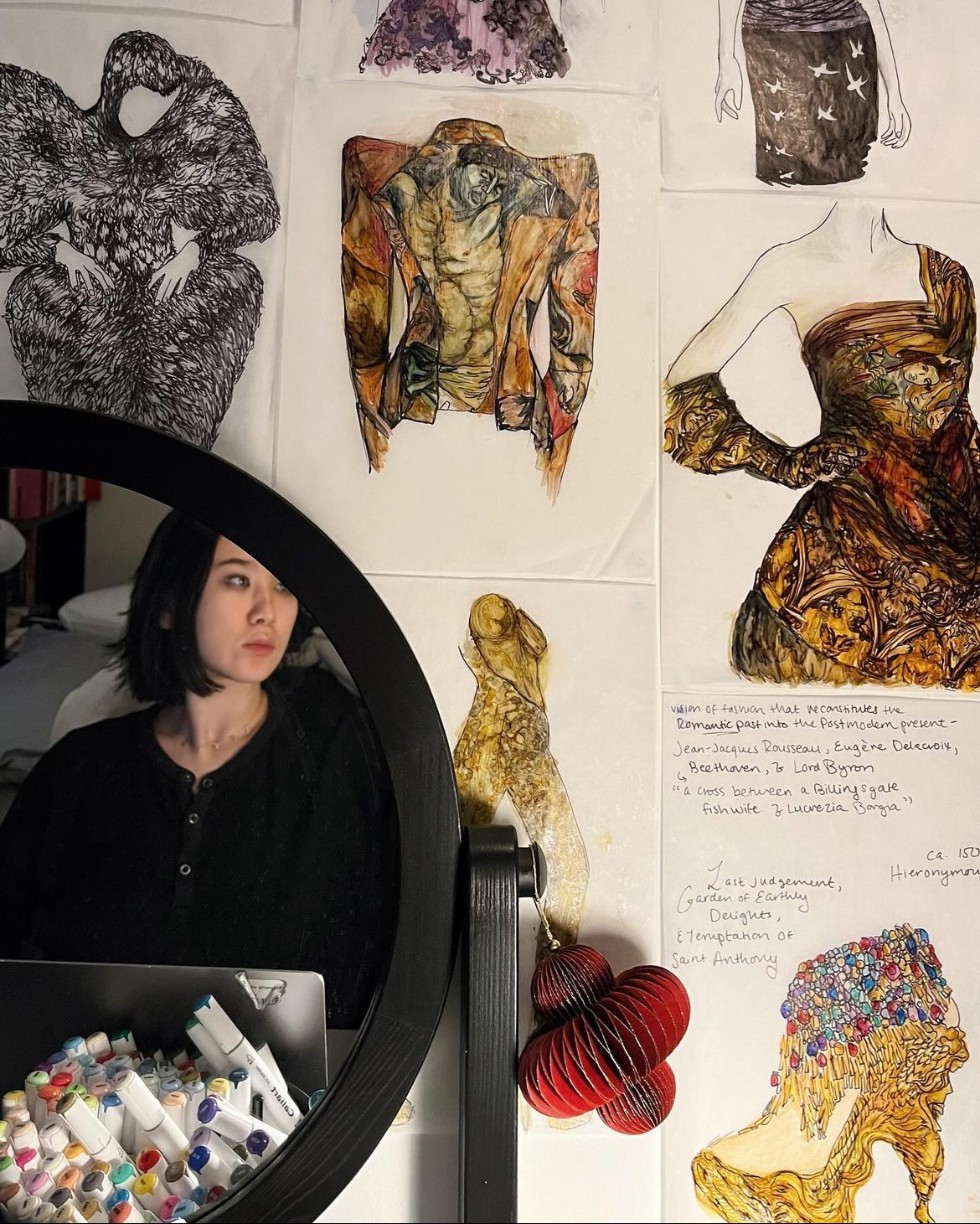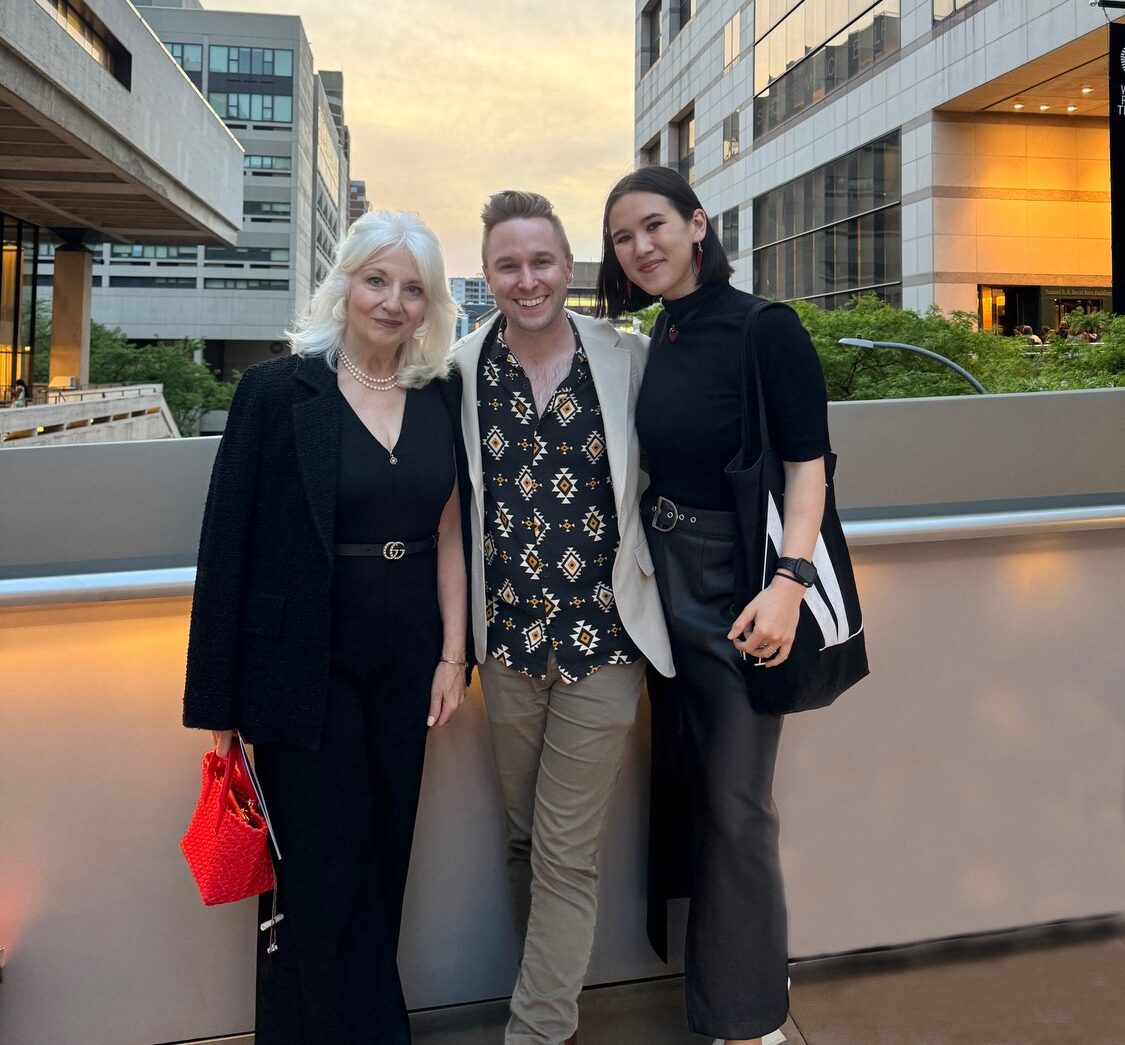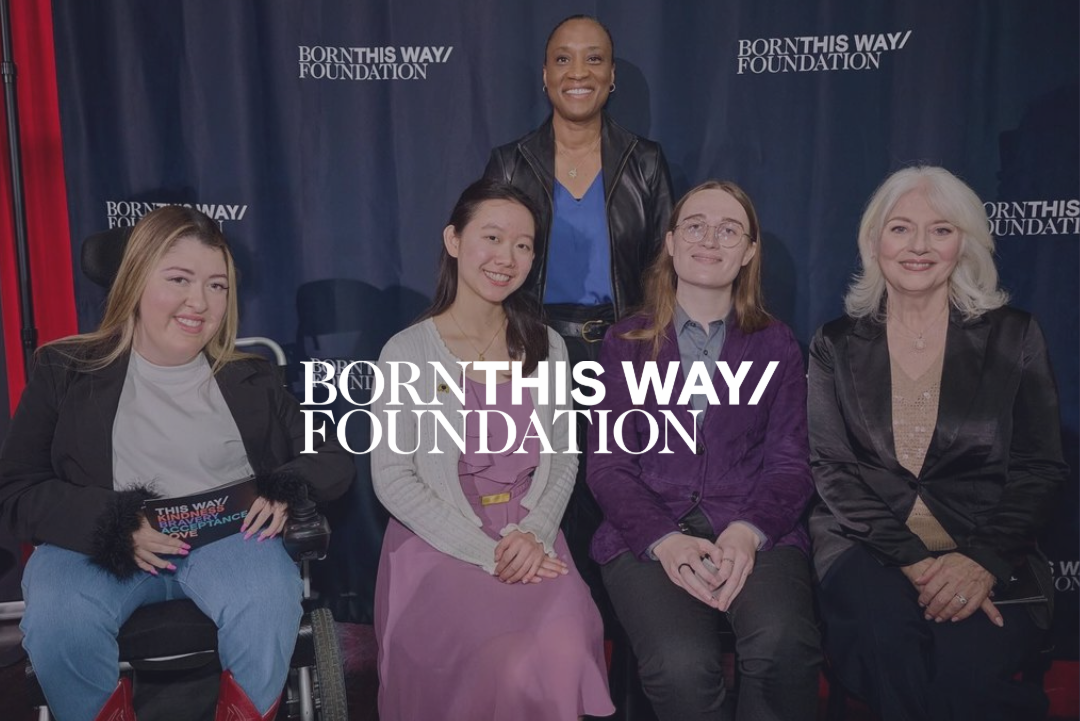My bedtime routine was anything but typical—of most 13-year-olds, at least. At exactly 8:13PM, I showered, washed my face, and brushed my teeth, usually twice. The first time never felt right. At 8:30PM, I tiptoed out of the bathroom, avoiding the grooves in between the cold white ceramic tiles. If my foot made contact with the grooves, something terrifying—although I was never quite sure what—would happen. Would I die? My house burn down in flames? When I finally made it to my bedroom, I fiddled with the miniature Newton’s cradle on my nightstand until the metal balls struck each other 18 times. No more, no less. Otherwise, I would have to start all over again. And at 9:30PM, rather than sleeping in my own bed, I constructed a makeshift one on my parent’s hardwood floor, using nothing but sheets, a couple of pillows, and my blue tie-dyed comforter. It wasn’t until I was 15 years old that I slept by myself.
My doctor described my symptoms in three letters, three letters that changed my life: OCD. Obsessive-compulsive disorder impaired nearly all aspects of my daily life; meticulous rituals drained my body of its energy while intrusive thoughts congested my brain. It was especially challenging for me to do school work, maintain friendships, and live independently. I had no motivation other than feeding the monster that was my OCD. While therapy and medication brought me relief, it was finding a purpose that restored my happiness.
I was grateful to have received an official diagnosis, but I wasn’t satisfied. I still had what felt like a million questions swirling in my head: why do I have OCD? What causes mental health conditions in the first place? Is this something I was born with? The way I was raised? How is my brain different from someone’s without OCD? If mental health conditions are so common, why is care lacking? So, I did what most 13-year-olds would do: I Googled it! And I was fascinated by what I found. For hours, I read studies elucidating the neurobiological, genetic, and environmental factors of mental health. My mind was blown by researchers using emerging technologies like artificial intelligence and virtual reality to support mental health. Although I didn’t fully understand the technicals, I knew it was something I wanted to get involved in.
What started as mere questioning became purpose fueled by my struggles with OCD. From that point on, I’ve dedicated my work to improving the lives of other people with mental health conditions. Over the years, I’ve collaborated on mental health research at Harvard Medical School’s McLean Hospital, received funding to research the role of gut bacteria in autism spectrum disorder, worked with companies developing novel mental health therapies, and even had the privilege of sharing my story at international events. I’m now on a gap year working at One Mind, a nonprofit using science, business, and media to transform the world’s mental health. I’m helping launch the One Mind Accelerator, a startup accelerator fast-tracking mental health breakthroughs.
Working towards my mission has drastically improved my own mental health; I now have a purpose, unlike the 13-year-old boy who slept on his parent’s floor. I’d be lying if I said I no longer struggle with OCD, but I’m no longer trapped in my own mind. Solving a problem that impacts me and the people closest to me is one of the best feelings I have felt. To anyone reading this, I challenge you to confront your struggles—big or small—and brainstorm how you can turn them into opportunities. In other words, turn your setbacks into setups. It could very well change lives, yours included.




